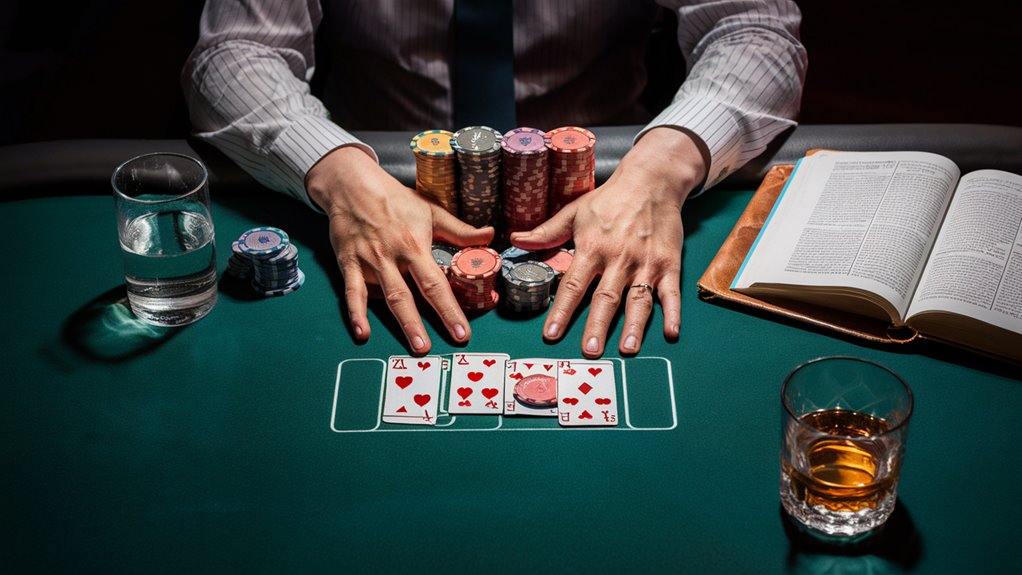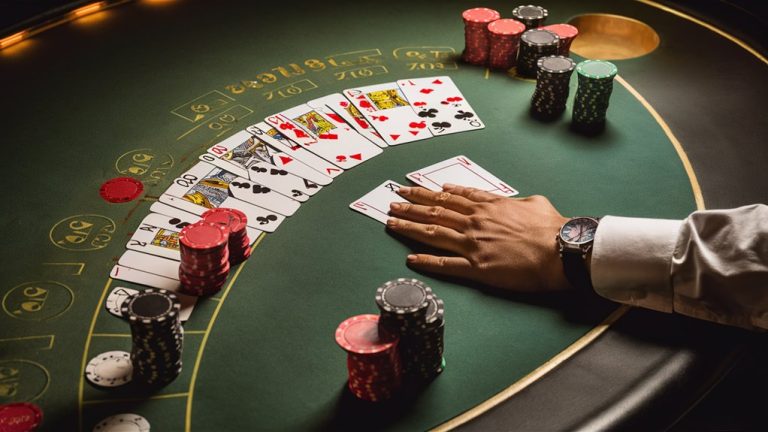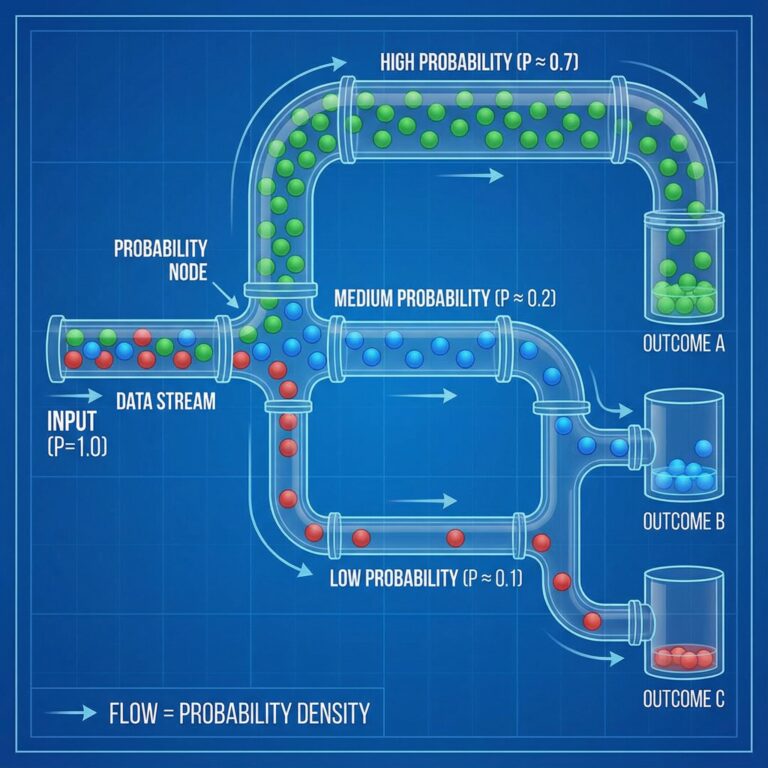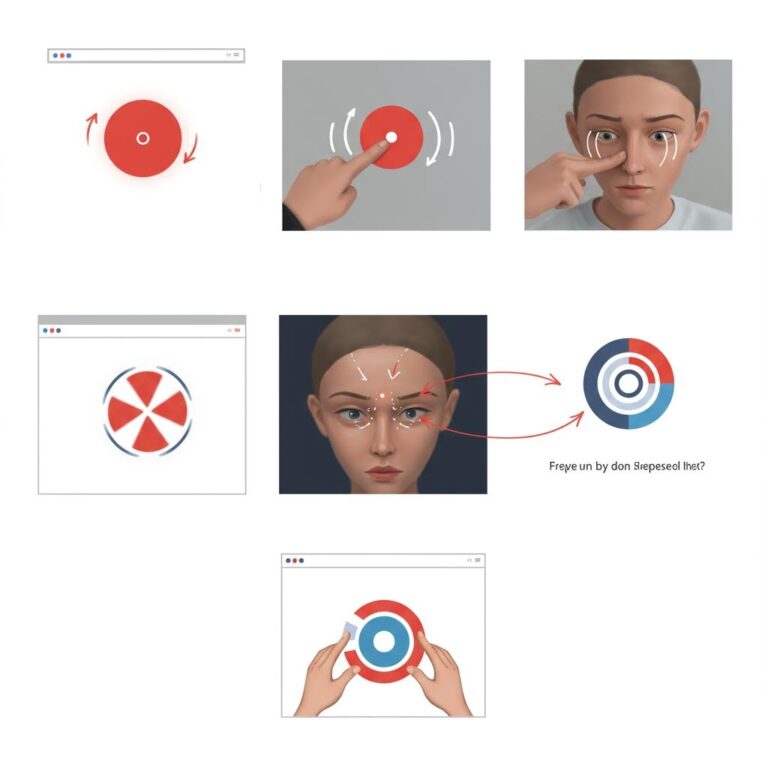
Psychology of Poker: Mastering Mental Game & Bankroll Management

Good poker play needs two key parts: mind strength and smart money handling. Top players keep a solid rule of 20-30 buy-ins for cash games and use strong mind control methods.
Key Mind Game Plans
- Employ the 2-minute reset rule to regain focus after losses.
- Continuously assess mental state from 1 to 10.
- Maintain play only if mental state is above 7.
Smart Money Safety
- Track session performance closely.
- 먹튀검증 공식 추천 확인하기
- Check for emotional patterns.
- View finances in percentages for clear choices.
Mind Tools for Best Play
- Practice meditation and mindfulness before play.
- Combine math logic with mind awareness.
The mix of poker mind work with money safety leads to consistent long-term wins.
Knowing Your Mind Game
Getting to Good Mind Power in Poker
- Strong mind setup distinguishes top players.
- Handling fear and desire impacts win rates. Tuning Your Spins to
Finding and Handling Mind Pushes
- Conduct a self-check for mind triggers.
- Understand triggers for tilt and areas for improvement.
Building Smart Self-Awareness
- Maintain a poker mindset with smart self-watch.
- Use deep post-session reviews to identify choice patterns.
Must-Have Mind Game Parts:
- Emotion Control
- Strategy Review
- Choice Setup
- Play Tracking
- Mind Strength
Fundamentals of Money Handling
Money Handling Musts for Poker Success
Key Money Needs
- Enforce strict rules of 20-30 buy-ins for cash games and 100 for tournaments.
Risk Management Rules
- Limit risk to 5% of total cash per session.
Smart Money Watching
- Use money tracking to make informed decisions. Sparking Gradual
- Adjust levels based on set limits.
Smart Risk Check
Smart level picks enhance control.
Feeling Control at High Levels
Mastering Feeling Control in High-Stakes Poker
The Mind Side of Poker Play
- Consistent coolness surpasses game skill.
Picking Smart Feeling Plans
Seeing Feeling Pushes
- Identify signs like high heart rate and fast choices.
Quick Answer Ways
- Utilize deep breaths and mind resets.
Smart Tilt Handling Steps
The 2-Minute Reset Plan
- Fix feelings and clear mind.
High-Stakes Stress Handling
- Convert cash amounts to percent-thinking.
Making Better Choices Through Logs
Feeling Pattern Checks
- Keep a poker diary tracking feelings and actions.
- Create feeling watch steps and safeguard cash.
Maintaining control over emotions ensures focus in high-stake games. Gyre & Gamble: Spiral
Reading Players and Moments
Reading Players and Moments in Poker: A Game Plan

Getting Player Acts Down
- Implement feeling control and observation for player reading.
Wide Player Checks
Cross-check several player attributes for insight:
- Skill levels
- Risk approaches
- Emotional hints
Focus on usual act changes as they reflect mind states.
Key Moment Checks
Important Points to Watch
- Chip status
- Judgment shifts
- Phase impacts
These key components form the basis of strong poker decisions.
Mindset During Bad Runs
Mastering the Mind Game: Poker Mind During Bad Runs
Knowing Swings and Building Grit
- Leverage swing math to handle bad runs better.
Must Steps for Handling Bad Runs
Choice Checks
- Assess hand history and decision points.
Feeling Handling
- Use a mind state check before playing.
Process-Based Plan Use
Emphasize math-sound decisions over short-term outcomes.
- Focus on long gains.
Key Win Parts
- Math over feelings
- Steady plan use
- Money rules during bad times
- Long look at results
Building Long Mind Grit
Building Long Mind Grit in Poker
Bases of Mind Grit
- Invest time in mind grit development.
Core Parts of Poker Mind Work
- Use mind reframing and process-based thinking.
View losses as data for continuous improvement.
Strategic Mind Hardening
- Set and keep limits, engage in mindfulness practice.
- Incorporate reviews and peer support.
These strategies help maintain steady choice quality despite fluctuations.





